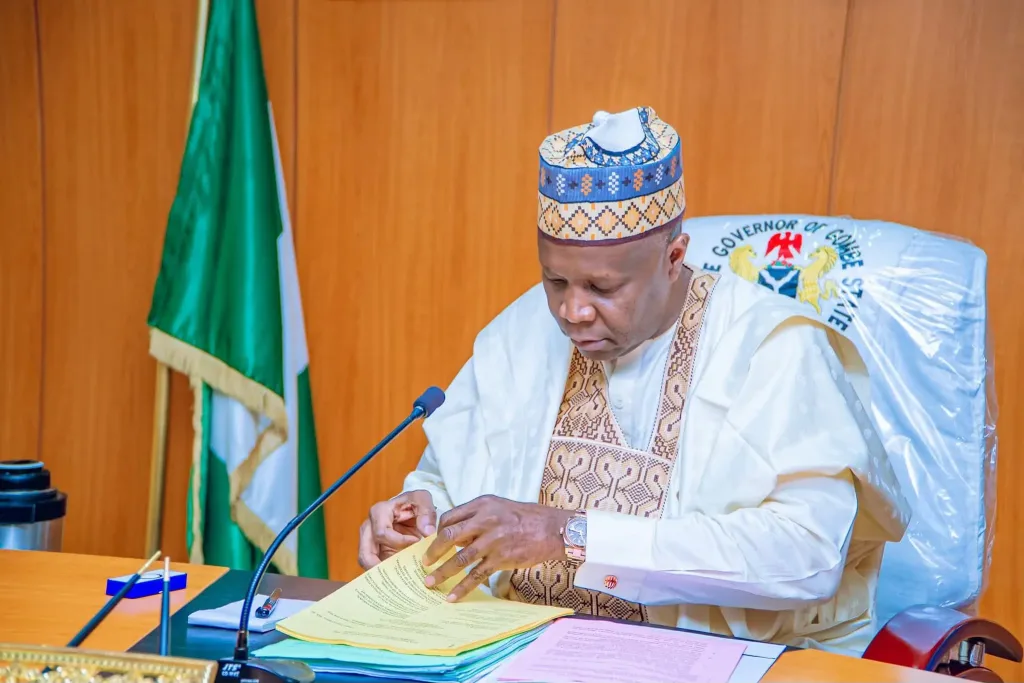A leading Christian organization in Northern Nigeria has called for intensified efforts to secure lasting peace in the conflict-prone region, framing it as essential for economic growth and social cohesion. The Christian Association of Nigeria (CAN) in the North made the appeal during a high-profile meeting between its chairman, Reverend John Joseph Hayab, and Gombe State Governor Muhammad Inuwa Yahaya, who also chairs the influential Northern Governors’ Forum.
Hayab urged Yahaya to leverage his position to spearhead a unified strategy aimed at bridging ethnic and religious divides across Nigeria’s northern states, which have faced recurring violence, farmer-herder clashes, and intercommunal tensions. “Sustainable unity and peace will not only improve livelihoods but also attract investments critical for the region’s progress,” he said, emphasizing that stability hinges on coordinated leadership. The cleric praised Yahaya’s track record in Gombe, where proactive governance has been credited with fostering interfaith harmony and positioning the state as a “model for peace-building” amid widespread distrust in the region.
Highlighting the governor’s rapid response to crises and inclusive policies, Hayab asserted that Yahaya is uniquely positioned to drive urgent dialogue among northern leaders to “reclaim shared values of mutual respect.” He proposed a region-wide peace framework involving traditional rulers, religious figures, youth representatives, and officials to institutionalize regular dialogue and collaborative problem-solving. This, he argued, would address root causes of divisions while promoting reintegration.
Central to the appeal was a call to nurture younger generations free from sectarian divisions. “The future stability of the North depends on raising youth who collaborate beyond religion or ethnicity, united by shared goals and humanity,” Hayab stated. The remarks underscore growing concerns over Nigeria’s deepening social fractures, with northern states disproportionately affected by poverty, insecurity, and displacement.
Analysts note that the proposal aligns with broader calls for subnational solutions to national challenges, as federal efforts to curb violence have seen limited success. Northern Nigeria, rich in agricultural and mineral resources, has struggled to attract investment due to insecurity, with implications for food security and employment. A united regional approach, advocates argue, could amplify local peace initiatives while addressing economic stagnation.
The meeting signals faith in grassroots leadership to mitigate crises, though skeptics stress the complexity of reconciling diverse interests in a region spanning multiple ethno-religious groups. For Yahaya, the challenge lies in rallying fellow governors behind a collective agenda—a task requiring diplomacy in a politically fragmented landscape. Still, Hayab’s appeal reflects a broader consensus: without durable peace, development in Nigeria’s north remains an elusive goal.
